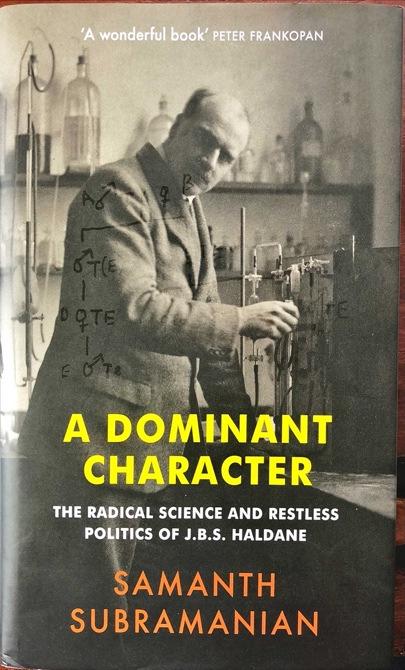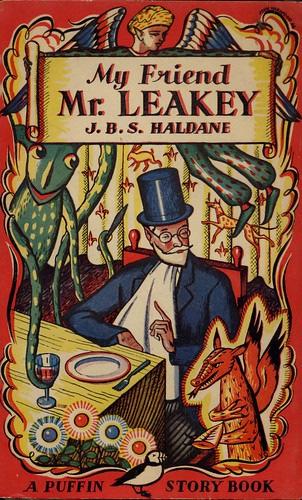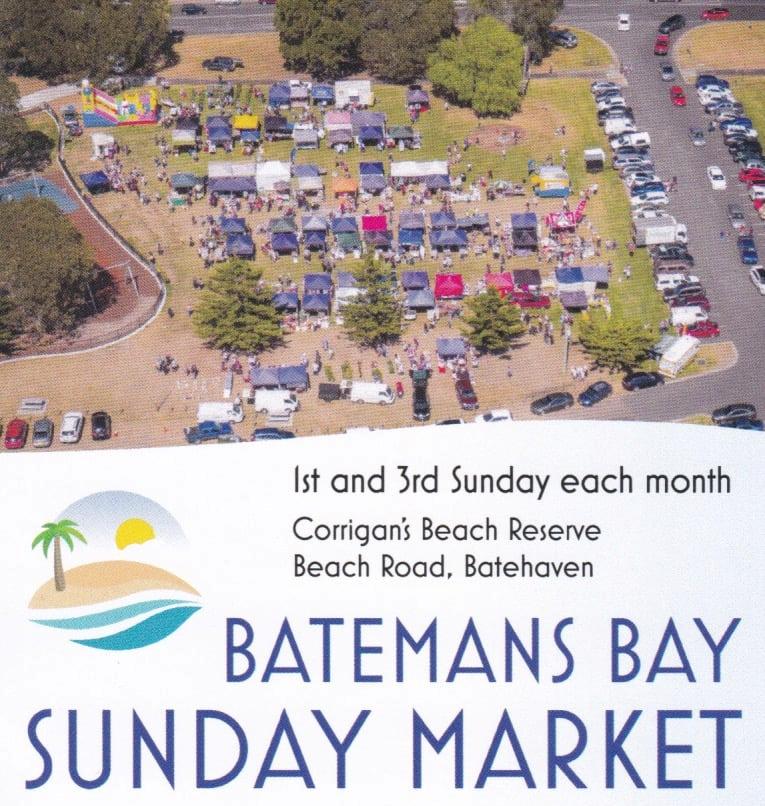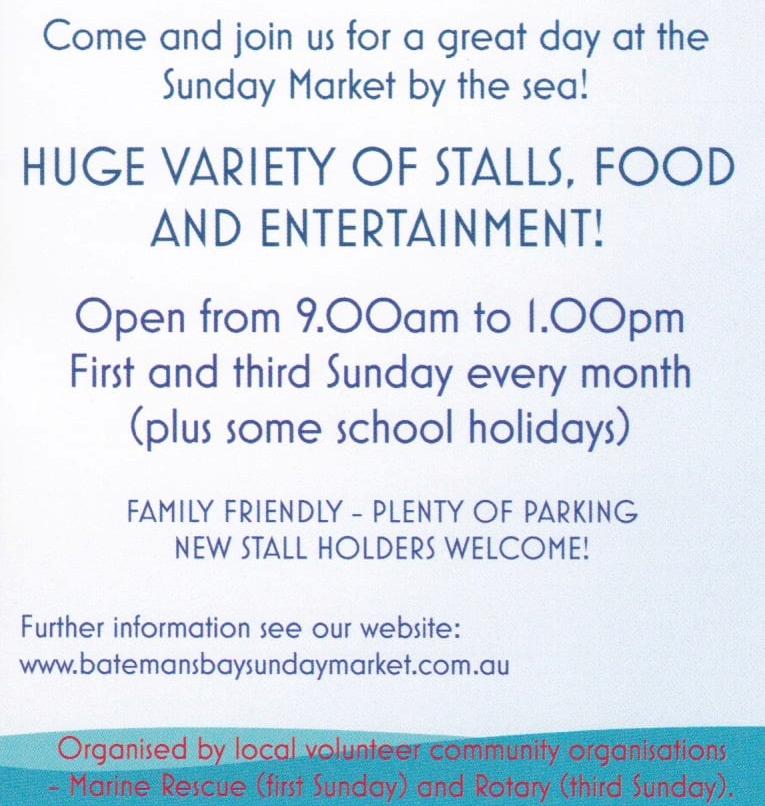
18 minute read
Community ………………3 to
The Eurobodalla Council have advised of a major road closure of George Bass Drive at Lilli Pilli from 7am, Monday 21 June un l 24 September 2021, weather permi ng. The road will be closed between Grandfathers Gully Road and Denise Drive, Lilli Pilli. The closure will allow road realignment works to remove the ght bends. Commuters will need to use Tallgums Way and The Ridge Road to access George Bass Drive either side of the road closure. The detour will add approximately 2-3 minutes and 1km to trips where commuters are travelling between Surf Beach and Malua Bay. The detour will be speed limited to 50-60km per hour.
Travel in/out of Grandfathers Gully Road will be limited to George Bass Drive to the north. Travel in/out of Denise Drive will be limited to George Bass Drive to the south. Commuters to/from Denise Drive and Lilli Pilli Road will be able to use Carramar Drive and Link Road to reach The Ridge Road and Tallgums Way. Commuters to and from Lilli Pilli should allow extra travel me.
Advertisement
Vol 16 September 15th 2017 Vol 28 December 7th, 2017 Vol 48 April 27th 2018



It is unfortunate – but not surprising – that Prime Minister Scott Morrison chose to conflate his continuing attack on China with the signing of the trade agreement between Australia and Vol 16 September 15th 2017 Vol 28 December 7th, 2017 Vol 48 April 27th 2018 Britain – that country’s first such deal since leaving the EU. The agreement is hardly earth-shaking – a few more British backpackers can come to Australia and in a few years there will be some noticeable tariff reductions to a few Australian exports. But the real impact of the deal is its symbolism. As former Foreign Minister Bill Hayden said, ‘in diplomacy, words are bullets’. Alas, Scotty from Marketing’s words are the salesman’s pitch for votes in the next election. His language, when not the meaningless babble of tongues to some Pentecostal god, is the almost equally inchoate English of the excited marketeer. His sense of history is confined to the day before yesterday. No so the Chinese. They take their history seriously. That apocryphal Chinese professor wasn’t joking when asked recently about the effect of Christianity’s arrival in Europe. His answer: ‘It’s too soon to tell’. Every succeeding Chinese Dynasty - which invariably gains power through violent uprising - rewrites the history of its predecessor to justify its Heaven-sent elevation to the Dragon Throne. But some things they do get right. The present Communist Dynasty still burns over ‘the century of humiliation’ visited upon them in the 1800s by the European colonial powers led by Britain. And as I discovered in researching and writing my 2017 book, Dragon and Kangaroo – the shared history of Australia and China – our connection is a continuum from the crime against humanity that was the British opium wars. Those attacks began in 1842, forcing the Chinese to open their ports to the influx of opium from Britain’s other big colony, India while at the same time it occupied the Australian continent by force of arms. To underline the connection, the Australian colonies not only targeted the Chinese miners from all other nationalities engaged in the great goldrush of the 1850s and 60s. They then federated and legislated a White Australia policy against the Chinese for the next 90 years. Little wonder, perhaps, that they’re sensitive about the Anglo-Australianism that Morrison exemplifies. None of the above is designed to excuse the latest stupidities of the Chinese leadership in seeking to ‘punish’ Australia for Morrison’s bullish blundering among the diplomatic niceties. Nor does it acquit the foolish ambitions of limited men in positions of great power and influence. Xi Jinping is just such a man. As I wrote in Dragon. ‘[He rules] a massive population who have been denied the basic human rights of freedom of assembly and expression within a legal system subject to blatant political interference. There is no more reason to believe that Xi is immune from Lord Acton’s iron law – that all power corrupts and absolute power corrupts absolutely - than were his predecessors in the Communist dynasty or their imperial antecedents on the Dragon Throne.’ But it’s a sad quirk of history that at such a time Australia finds itself led by a man whom the Americans so mistrusted that they persuaded Boris Johnson to ‘crash’ the scheduled meeting with President Biden. They knew that Bill Hayden’s warning also applied to images. robert@robertmacklin.com
Dominant Character by Trevor Moore
The radical science and restless poli cs of JBS Haldane Vol 16 September 15th 2017 Vol 28 December 7th, 2017 Vol 48 April 27th 2018 Atlan c Books, ISBN 978-1-78649-281-4, 375 pp
One thing about the current plague that rages around us is that we hear about gene c sequencing and genome more frequently than we might wish. It is 20 years since the science journal Nature published the first dra of the human genome: the sequence of chemical “le ers” on the gene-bearing DNA of our chromosomes. In the years that have followed there has been much hype about what this sequencing might enable us to do. The Na onal Human
Genome Research Ins tute even now calls the human genome project an effort to read “nature’s complete gene c blueprint for building a human being” – the “book of instruc ons” that “determine our par cular traits”. According to this line of thinking, once we understand the human genome then everything will be hunky dory. We can tailor drugs to deal with anything. We can engineer our DNA to make us live forever. Of course, none of these things is par cularly likely: my genome is unique to me. And it now appears that the genome does not contain a set of instruc ons … not everything is programmed into our chromosomes.
Now, I know very li le about all this but I had heard of a man called J B S Haldane because a poem he had wri en appeared in an anthology that my Mother had given me many years ago. The poem begins: I wish I had the voice of Homer To sing of rectal carcinoma Which kills a lot more chaps, in fact That were bumped off when Troy was sacked … I no ced I was passing blood (Only a few drops not a flood) … and con nues in like light-hearted vein for several more verses.
When it was published in The New Statesman in February 1964, it caused a bit of a furore. A er all, one did not speak of these things in polite society. Which is, of course, rubbish. Not speaking of them just makes it all worse.
Quite by chance I saw a review of A Dominant Character by
Samanth Subramanian review in the New York Times. I remembered the poem and bought it on a whim. And I am pleased I did for it is as well-wri en a biography as you could wish. Its author, Samanth Subramanian, writes clearly and tells a story that is easy to grasp. His subject John Burdon Sanderson


Haldane was a gene cist and seems to have been a man who grumpy, obnoxious, a rac ve, and humorous in possibly equal parts. He did not read science at university: he went to New College, Oxford. He went up on a mathema cs scholarship but then switched to the wonderfully named “Greats” which is the study of Greek and Roman history and literature and philosophy. But the mathema cs stayed with him, and he eased into gene cs through sta s cs. Jack Haldane - his full name was John Burdon Sanderson Haldane - was born in 1892 to a Sco sh land-owning aristocra c family. His father - who was known as J.S. - was a big influence on his life. J.S was a physiologist who was interested in oxygen and the mechanism of human respira on. He was an experimenter and experimented on himself a trait that he passed on to his son. He made a box to test how the propor on of carbon dioxide in the atmosphere affected humans. He got in the box having measured the propor on of carbon dioxide at 0.03%. He then gradually increased the propor on of carbon dioxide un l a er 9 hours (in a box no less) with the level at 6.39% he asked to be let out and spent the next 36 hours in a fug of fa gue. He experimented using Jack as a subject. When Jack was 13 his father was conduc ng experiments on divers; li le was understood about decompression and the bends, but young Jack was an eager par cipant in some tests that nearly killed him. Far from killing him, however, they seem to have le him with a disregard for his own safety equal to that of his father. Haldane was by any measure a remarkable man. When I look back at the figures of the early modern period - say between the mid-17th and early 20th century - I am always amazed both at the connec ons within some abroad discipline and at the breadth of endeavour that they embark upon. It seems today that our “experts” (and I use the quotes deliberately) know more and more about less and less to the extent that what they do know is either uninteres ng to the layman or has to be hyped by the journalist. Haldane was a polymath. He was also a communist and visited the then Soviet Union at least once. His faith in communism, or at least that variety prac sed by Stalin, blinded him to the truth about the Soviet Union both in terms of its treatment of its people and the way in which Stalin tried to pervert science - and in par cular gene cs - to his own ends. He was watched by MI5 during and a er the Second World War. This led to some rather silly consequences - silly for MI5. As Subramanian tells us: “Haldane knew of a scien st, he said, who watched fish all day and realised that some of them communicated through pulsa ons. But the Navy clampdown on him; if fish could do it, so could submarines. He knew of another scien st who studied the sex life of ex nct fungi – ‘no interest to anyone but a dirty minded scien st’ – except that some secre on signaled the presence of oil in the
Vol 16 September 15th 2017 Vol 28 December 7th, 2017 Vol 48 April 27th 2018

He even wrote a children's He even wrote a children's He even wrote a children's He even wrote a children's book. book. book. book.


Reading - Dominant Character by Trevor Moore con nues neighbourhood. The two became a state secret. He was a popula on gene cist who was interested in the mechanics of natural selec on and through his use of sta s cs in biology, was one of the founders of neo-Darwinism which a empts to integrate Darwin’s Origin of the Species (published only 30-years before Haldan’s birth) and Gregor Mendel’s theory of gene cs. He was caught up, and possibly infected by some of the prejudices of his class and of his me, in the 1920s and 1930s debate on eugenics, a flawed idea that was nonetheless exploited by the Nazis and the United States. His views on this, though not extreme, would not be a rac ve to 21st century a tudes and sensibili es. Nonetheless, Arthur C. Clarke (as in 2001: A Space Odyssey) said that Haldane was the most brilliant science populariser of his genera on. When he knew he was dying, Haldane wrote that he hadn’t walked on the seafloor from England to France, but he had been wounded in war, known the love of two women, tried heroin and bhang, eaten stron um chloride in an a empt to change the acidity of his blood, and spent 48 hours in a miniature submarine. He damaged his spine from the convulsions brought on by his self-experiments, during the Second World War, inside decompression chambers filled with various gases, as he found ways to save submariners’ lives. He was an all-round unusual person and that’s what makes him so interes ng. There are, of course, many good biographies of great people. My favourite is David McCullough’s magisterial
Vol 16 September 15th 2017 Vol 28 December 7th, 2017 Vol 48 April 27th 2018
(and massive at 1100 pages) 2004 Truman. A Dominant Character is probably in my Top 10 Biographies; it weighs in at about 375 pages and pre y much every one of them has something you can learn from or laugh at or with. If you are into biographies and enjoy reading of people who are grouchy, who delight in provoca on, and who are blunt to the point of hos lity then this is a book for you. Post script: If your appe te is whe ed by the gene cs then there’s a wonderful book called A Monk and Two Peas: The Story of Gregor Mendel and The Discovery Of Gene cs by Robin Marantz Henig (Weidenfeld & Nicolson, 2000, ISBN 0-297-64365-7).



The Beagle Editor, Once upon a me, in a place overlooking a seemingly endless blue ocean (let’s call it The Bay), a few se lers and holiday-makers built shelters to live in and told their friends.
Most liked the proximity to the sea and the sunshine – they started to call it Sunshine Bay. It was a good life but the se lers were worried about the everpresent threat of fire. Some of them called themselves “volunteers” and built a shelter for which the greater powers of Newcastle, Sydney and Wollongong (NSW for short) supplied some fire-ex nguishing vehicles. All was good. As the decades rolled by, though, the number of se lers increased drama cally and the fireshed as it became known was surrounded on all sides by adults, children and puppies which made ge ng to and from the now-ageing shed a bit awkward, not to men on a hazard. The Powers-that-Be decreed that the fire-shed should be moved to a more logical place nearer the surf and the beach (let’s call it Surf Beach). They put some money aside in their budget to do that. They didn’t spend it, but put some money aside in the following year’s budget instead. Meanwhile, the Grand Council had a wonderful idea – what if we keep the se lers off our backs with arts and swimming and stuff; we could build some great big pavilions and keep them all occupied. “What will it cost?” asked some. “Don’t you worry about that” was the stern reply. Then someone pointed out that the old fire-shed they had budgeted to move over successive years really DID need moving. “Sorry” announced the Grand Council, “we really can’t afford that now, we have to pay for some shiny new pavilions!” If there is a moral to this tale then it rests in the mind of the reader.
Vol 16 September 15th 2017 Vol 28 December 7th, 2017 Vol 48 April 27th 2018


Name and address provided and not published for fear of reprisals from The Great Council.
The bicycle is the slow death of the planet.
General Director of Euro Exim Bank Ltd. got economists thinking when he said: "A cyclist is a disaster for the country's economy: he does not buy cars and does not borrow money to buy. He does not pay for insurance policies. He does not buy fuel, does not pay for the necessary maintenance and repairs. He does not use paid parking. He does not cause serious accidents. He does not require mul lane highways. He does not get fat. Healthy people are neither needed nor useful for the economy. They don't buy medicine. They do not go to hospitals or doctors. Nothing is added to the country's GDP (gross domes c product). On the contrary, every new McDonald's restaurant creates at least 30 jobs: 10 cardiologists, 10 den sts, 10 dietary experts and nutri onists, and obviously, people who work at the restaurant itself." Choose carefully: cyclist or McDonald's? It is worth considering. P.S. Walking is even worse. Pedestrians don't even buy bicycles.
won the 2021 Stella Prize
A gothic tale of male violence against women set across three me frames on the coast of Scotland. An important and mely read. Julie highly recommends! But not for the faint hearted....filled with rage and love. The lives of three women weave together across four centuries in the dazzling book from Evie Wyld, winner of the Miles Franklin Award and the Stella Prize. Surging out of the sea, the Bass Rock has for centuries watched over the lives that pass under its shadow on the Scottish mainland. And across the centuries the fates of three women are linked: to this place, to each other. In the early 1700s, Sarah, accused of being a witch, flees for her life. In the aftermath of the Second World War, Ruth navigates a new house, a new husband and the strange waters of the local community. Six decades later, the house stands empty. Viv, mourning the death of her father, catalogues Ruth’s belongings and discovers her place in the past – and perhaps a way forward. Each woman’s choices are circumscribed, in ways big and small, by the men in their lives. But in sisterhood there is the hope of survival and new life. Intricately crafted and compulsively readable, The Bass Rock burns bright with anger and love.
Vol 16 September 15th 2017 Vol 28 December 7th, 2017 Vol 48 April 27th 2018





MAIN South Coast road to be altered to “The Princes Highway.” BLOOD POISONING. – Mr. W. Lynch, J.P., of Mogo, is suffering from a blood poisoned arm, and is an outdoor pa ent of the local hospital. SUDDEN ILLNESS. – While a ending the Poultry Club’s Cinderella on Saturday night, the Secretary, Mr. H. P. Jeffery, was suddenly seized with a giddiness, and the promp tude of Mr. Dal Irwin who caught him, saved him from a nasty fall. The symptoms were so alarming, the pa ent in a few minutes becoming delirious, that medical aid was sought. Mr. Jeffery was removed to his sister’s (Mrs. Seldon) home, where he remained in as state of delirium for an hour. A er a few day’s rest we are pleased to state Mr. Jeffery recovered from his sudden indisposi on. HARD TIMES. – Many papers are finding it hard to keep going. Since 1913 over 180 newspapers have closed down or changed hands. The latest to put up the shu ers is an old-established, one- me daily paper in prosperous Lismore, where a fine plant is now for sale cheap. NARROW ESCAPE. – Inspector Wilson, of the Schools Department, was motoring down the mountain to Nelligen at the beginning of last week when his car ran wide, and a er moun ng the bank at the side of the road turned over and pinned him to the ground. Luckily, Mr. Wilson escaped injury, and a er being released and his car righted again, he con nued to Nelligen. CAUTION. – Teamsters and others are cau oned by the Shire Council in this issue against carrying heavy loads over any public road during or immediately a er wet weather. PERSONAL AND OTHERWISE. – Someone has truly remarked that money can do a lot for a man – but it won’t do as much as
Vol 16 September 15th 2017 Vol 28 December 7th, 2017 Vol 48 April 27th 2018
some men will do for money. It is very difficult to get stupid people to change their opinions, for they find it so hard to get an idea that they don’t like to lose one. Dr. Page, M.H.R., says he favors the subdivision of the States with greater local governing powers, and to abandon our present ostrich-like system of Government. EUROBODALLA SHIRE. – Correspondence: From John McMillan, Narooma, re drowning of his two horses at Narooma ferry. The Clerk was instructed to write and inform Mr. McMillan that the Council regrets the accident, but does not accept any responsibility for same. From War Trophy commi ee, Bergalia, asking permission to erect a building for their trophy on the unused road between the school and the store. From Na onal Roads Associa on, re altera on of the “Main South Coast Road” to “The Prince’s Highway.” The Clerk was instructed to make the necessary arrangements. From Bateman’s Bay Progress Associa on, asking: (1) That the gaze al of the urban area and installa on of a pan sanitary service be expedited. (2) That the ma er of a water supply for township be again considered. (3) That a culvert or crossing be constructed on the Beach road, near the Hanging Rock.




Vulcan Street Moruya

Extracted from the Moruya Examiner by the Moruya and District Historical Society Inc. h ps:// www.mdhs.org.au





